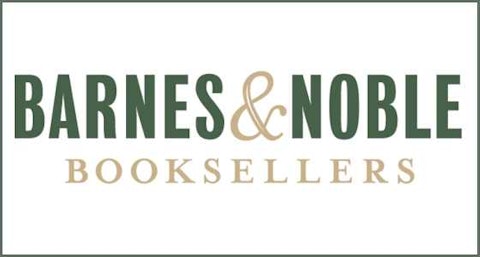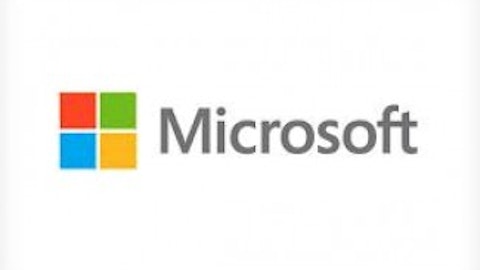Barnes & Noble, Inc. (NYSE:BKS) is a company of contradictions. It is a company tied down by its foundations as a big box retailer, yet aspires to be an e-commerce retailer like its rival Amazon.com, Inc. (NASDAQ:AMZN). Even after many of its industry peers – such as Borders – crumbled as the books business evolved, Barnes & Noble persevered. It even released its own tablet, the Nook, which was warmly received by critics, to compete with Amazon.

Buyout Offer
At the end of February, founder and chairman Leonard Riggio stated that he was interested in buying out the company’s retail operations, which include its brick-and-mortar operations and its e-commerce website.
Although Riggio did not hint at a purchase price, Barnes & Noble stock rallied strongly on Feb. 25 after the report. Riggio, who acquired the first Barnes & Noble store in Manhattan in the 1970s and created an entire market of big box booksellers, already owns a 30% stake in the company.
However, Riggio flatly stated that he was not interested in purchasing the Nook Media segment – which owns its Nook tablet e-readers and college bookstores business. The buyout could possibly result in a spin off of the Nook segment, an idea that had been entertained since January 2012. Some analysts believe that a spin-off could unlock the value of the e-book and tablet business for shareholders, while allowing Barnes & Noble to focus on its digital and brick and mortar retail businesses.
It’s all about the Nook…
Since 2009, Barnes & Noble had been attempting to shift away from the big box bookseller business model by introducing its answer to Amazon’s popular Kindle e-readers – the Nook. However, a year later, Apple Inc. (NASDAQ:AAPL)’s iPad arrived, followed by a plethora of Google Inc (NASDAQ:GOOG) Android tablets. These new tablets increased the market for digital books, and Apple and Google also joined the e-book race.
Amazon’s Kindle Fire arrived in 2011, and quickly became the second most popular tablet in America after the iPad, thanks to the company’s extensive cloud-based ecosystem of books, music, videos and apps – a massive archive that easily outgunned anything Barnes & Noble could offer its Nook owners.
Last April, Barnes & Noble sold 17.6% of its Nook unit to Microsoft for $300 million. Microsoft Corporation (NASDAQ:MSFT), in its typical strategy of rounding up misfit underdogs, had hoped to use the Nook – ironically an Android tablet – to maintain a degree of relevance in the rapidly growing tablet and e-reader market.
At the end of 2012, media giant Pearson purchased a 5% stake in Nook for $89.5 million. Both Microsoft and Pearson’s stakes value the Nook unit at $1.7 billion – far higher than Barnes & Noble’s own market cap of $900 million. That’s a key reason some shareholders are so keen on seeing the Nook Media unit operate as a new company, without the burden of Barnes & Noble’s retail businesses.





